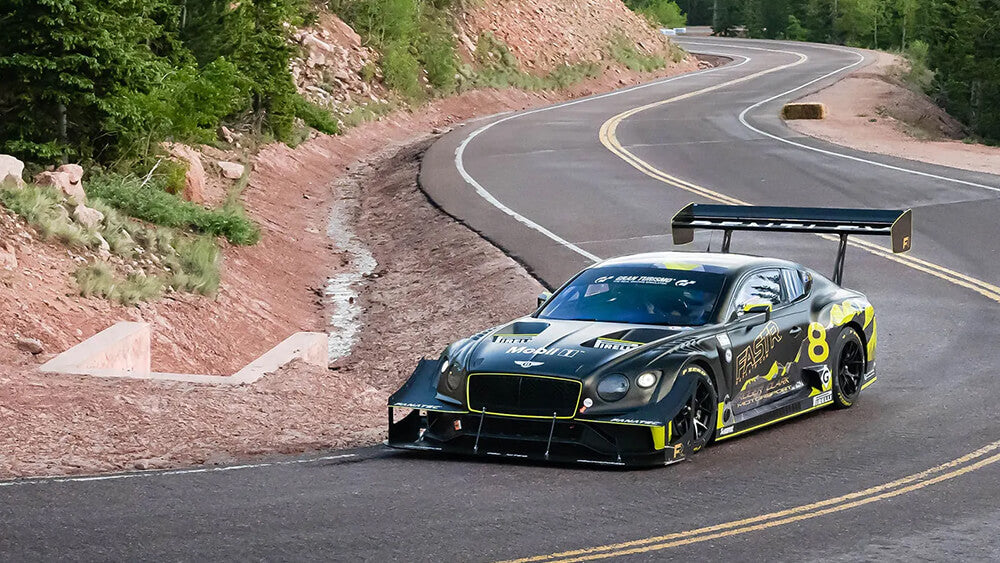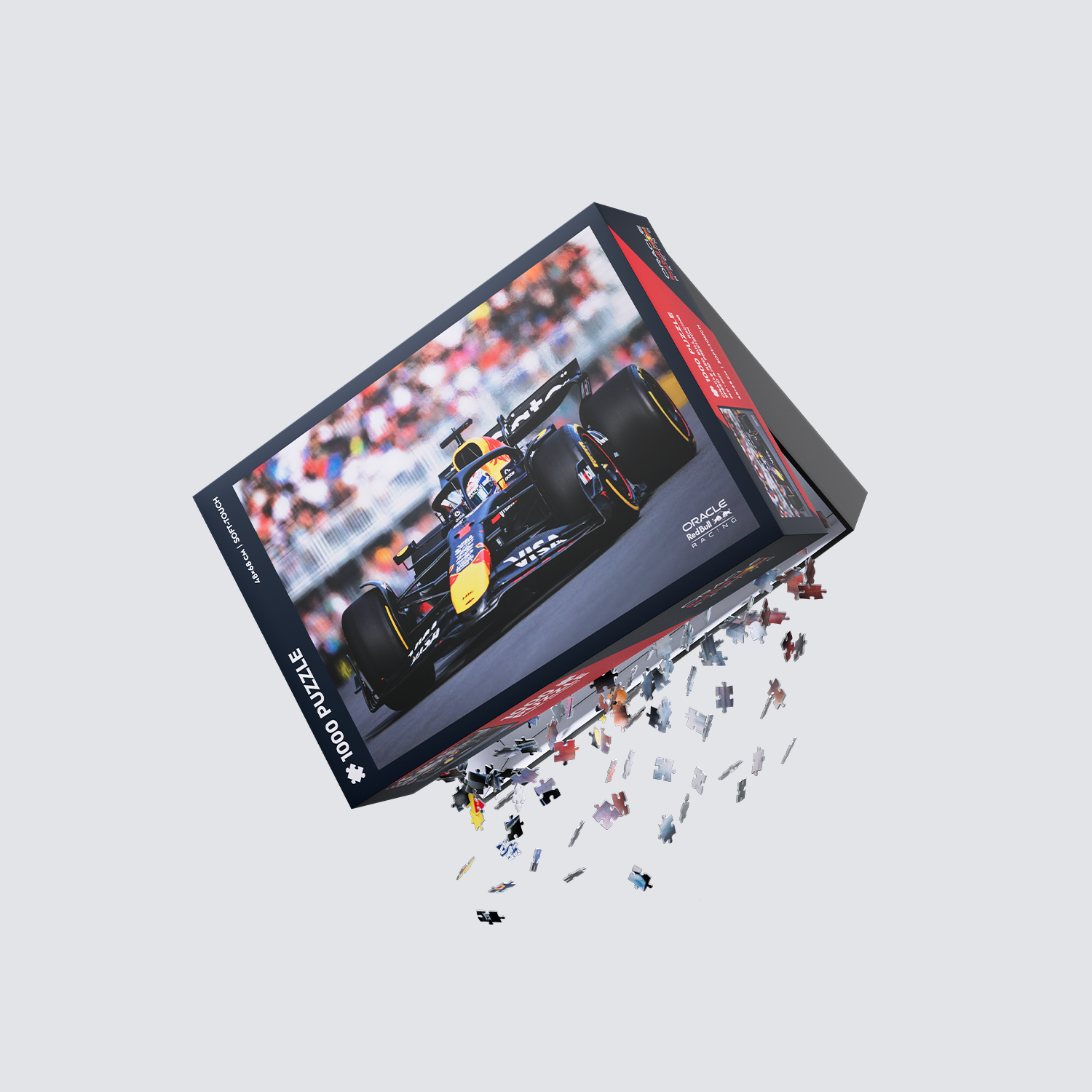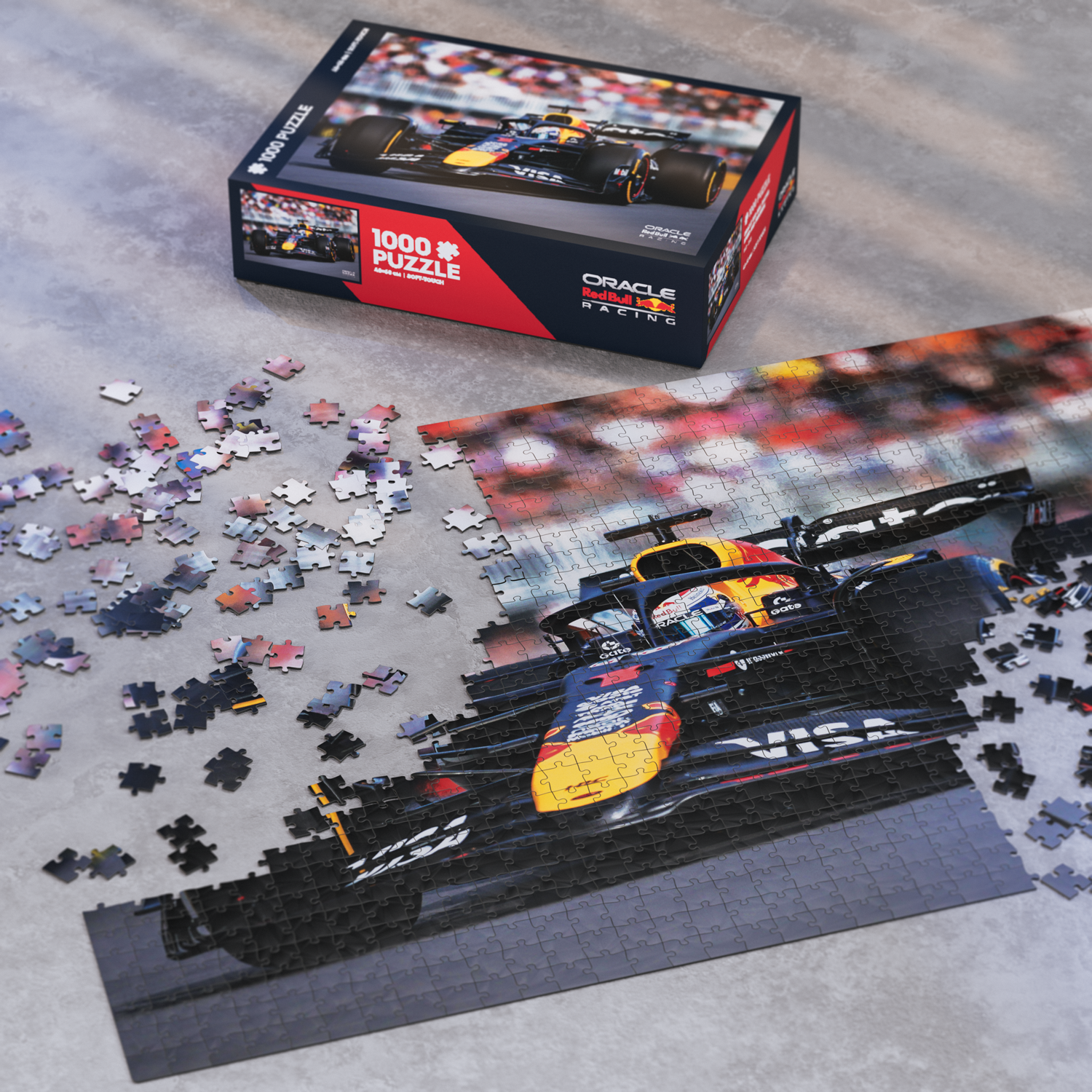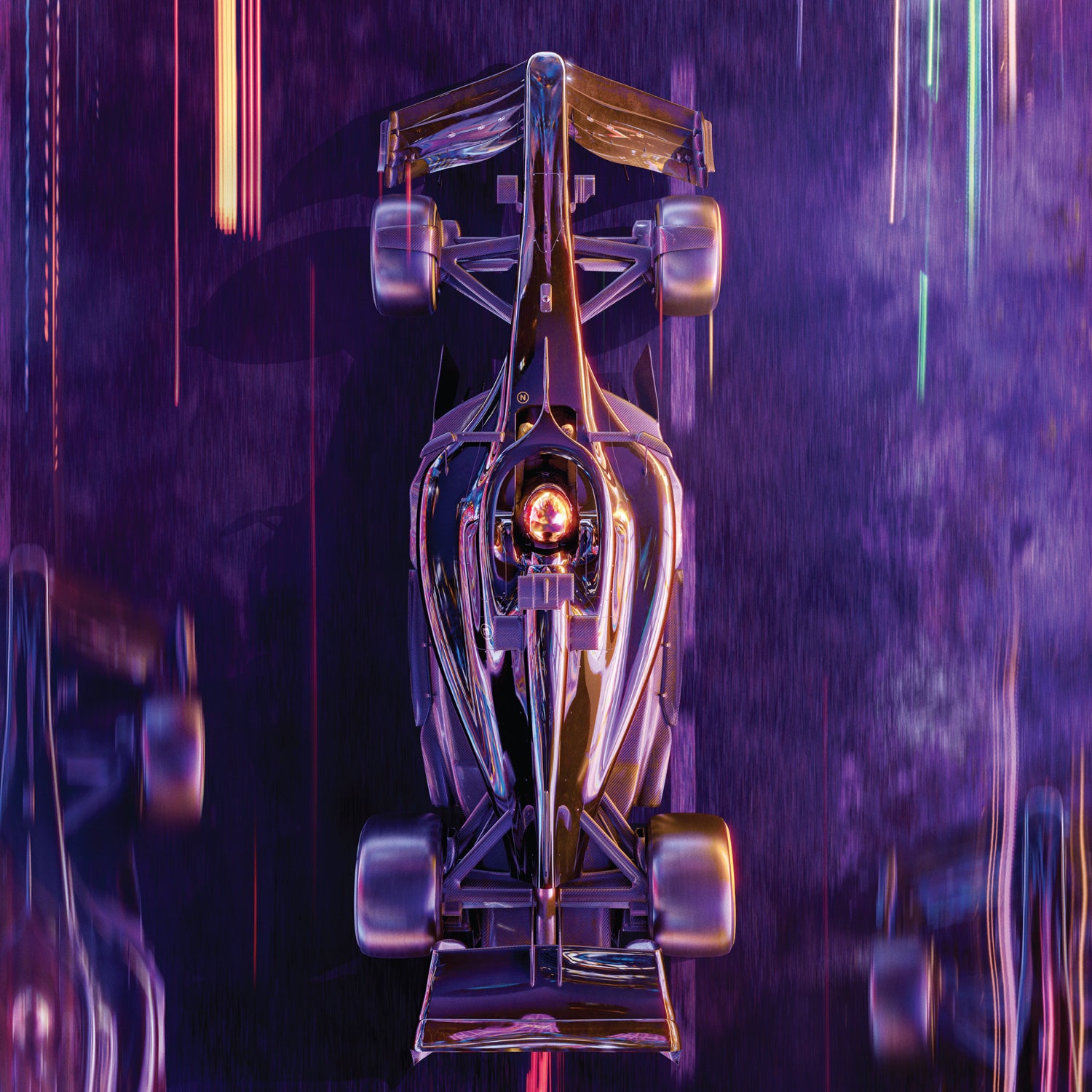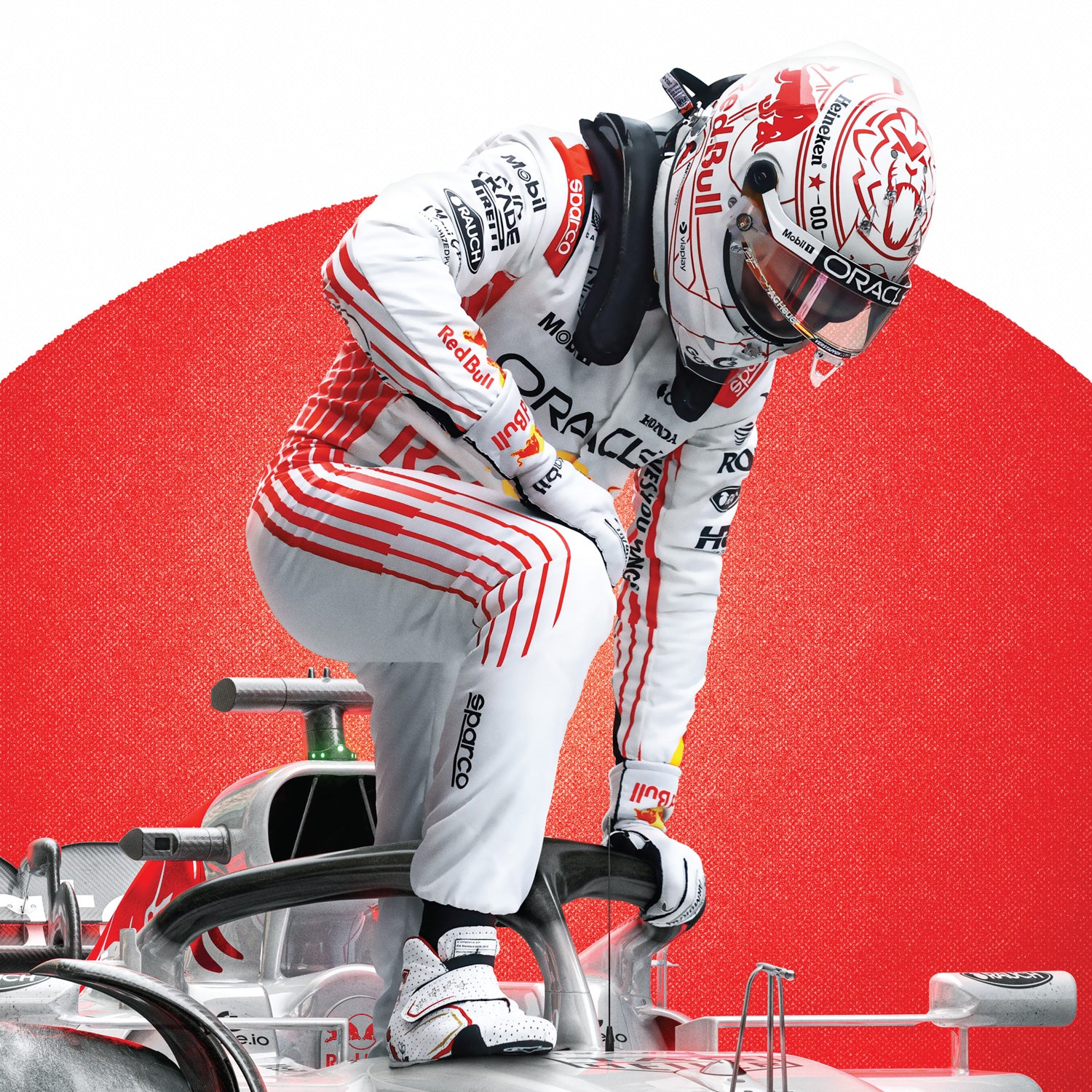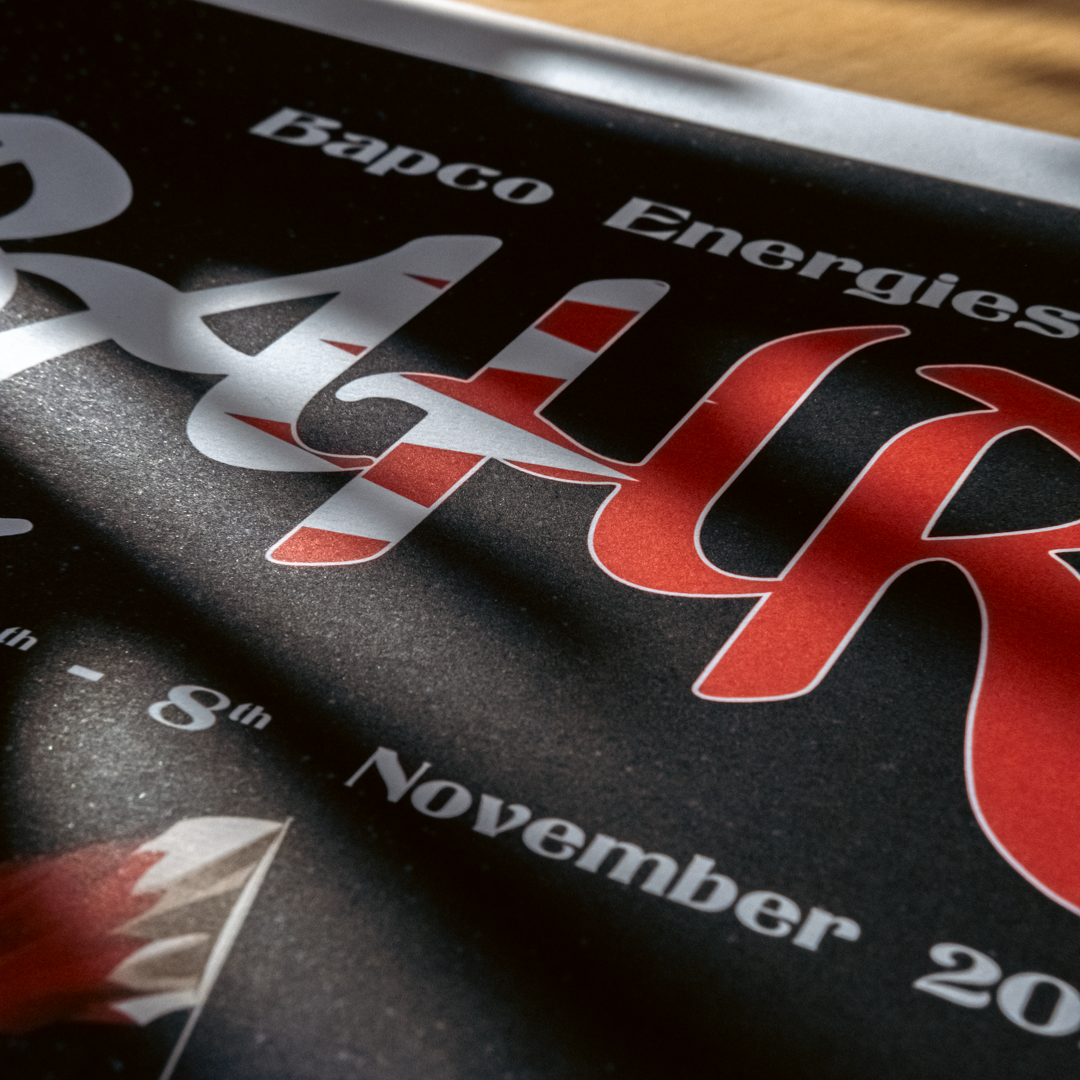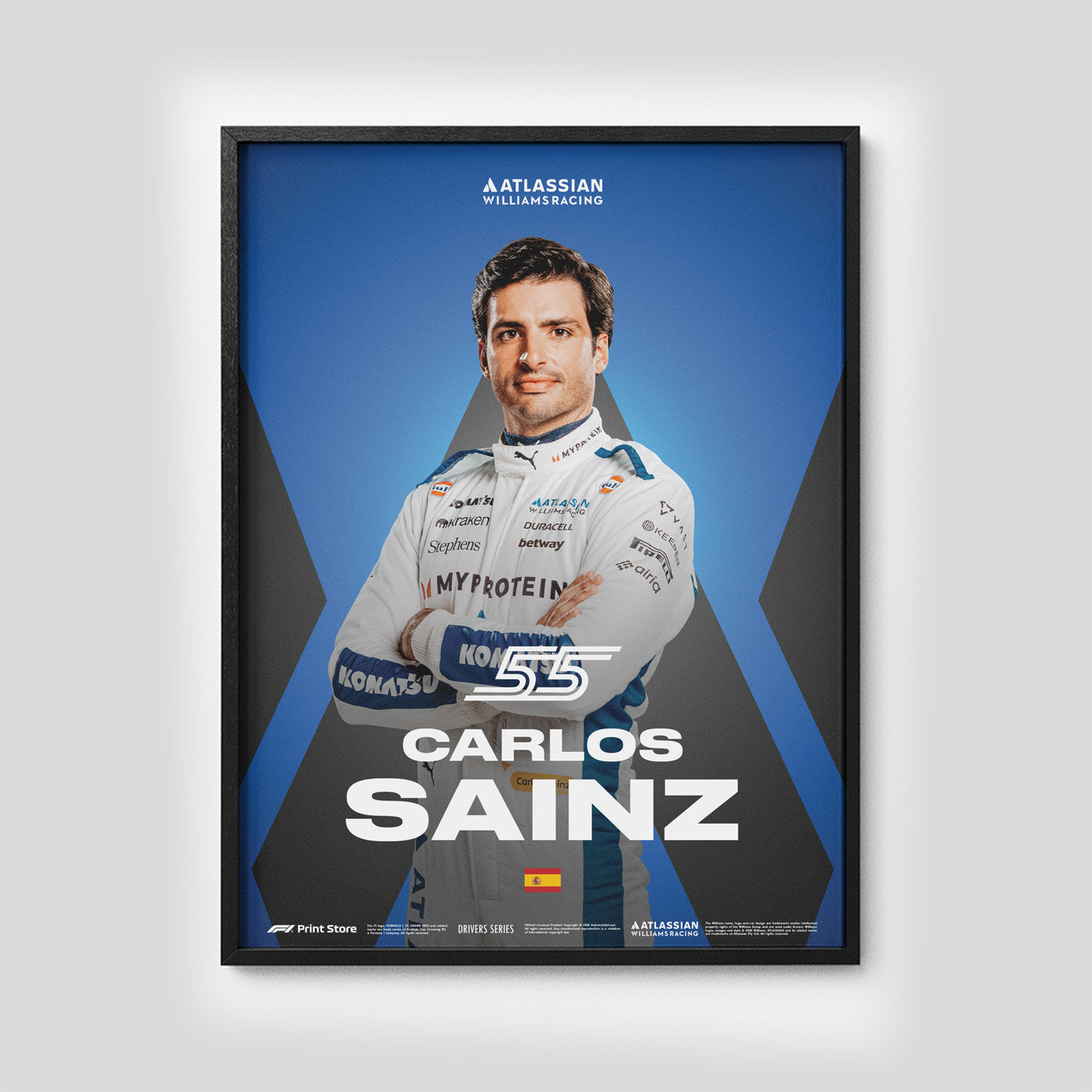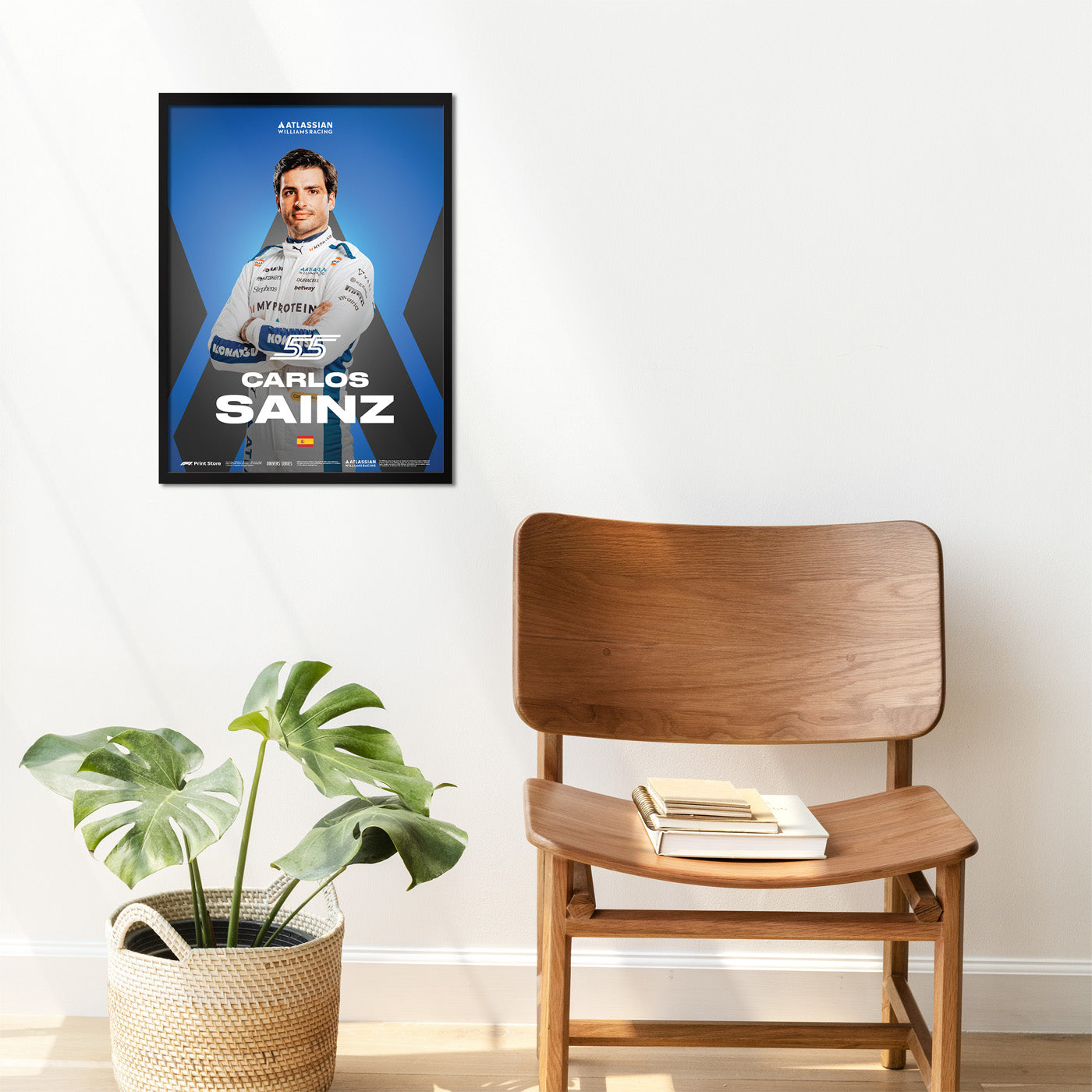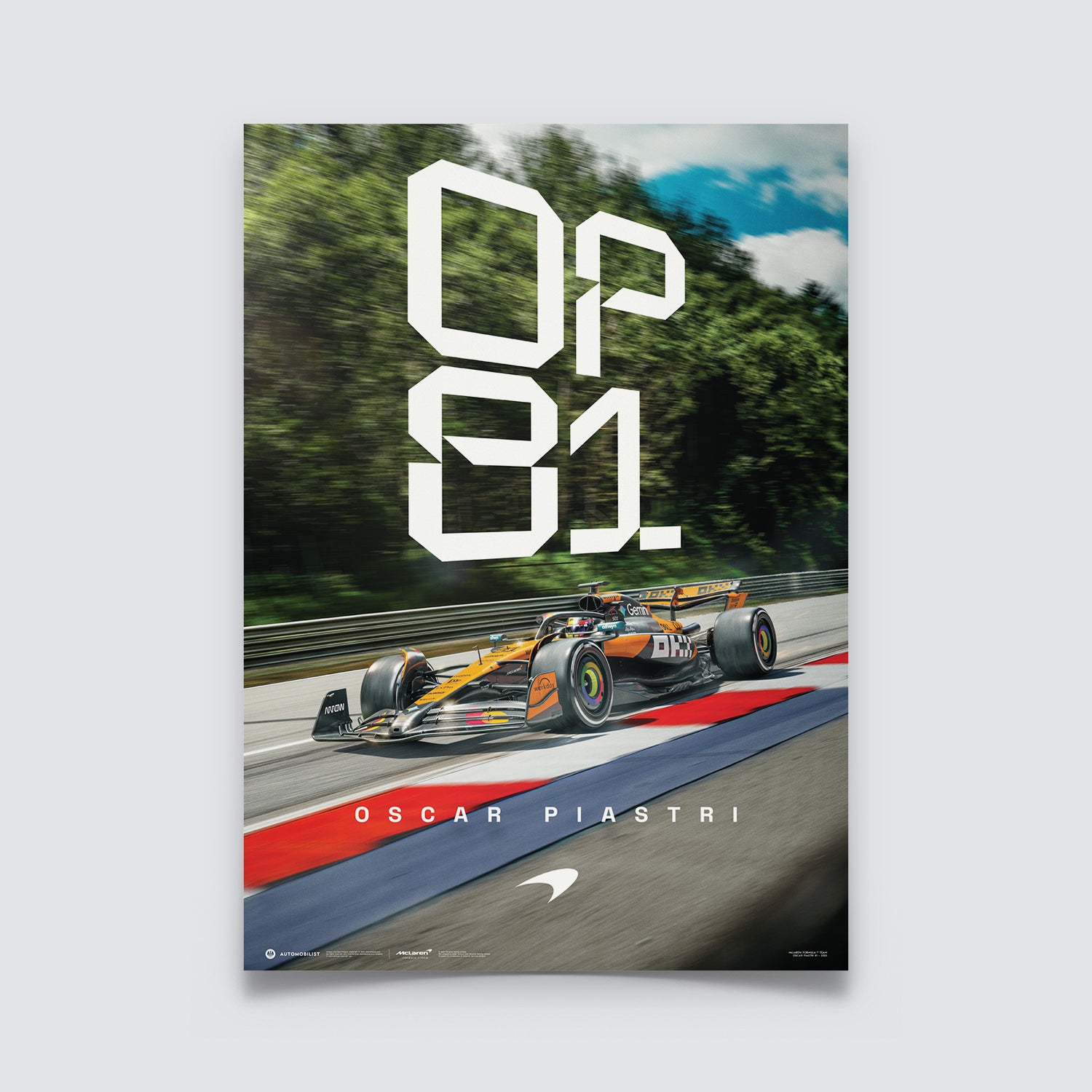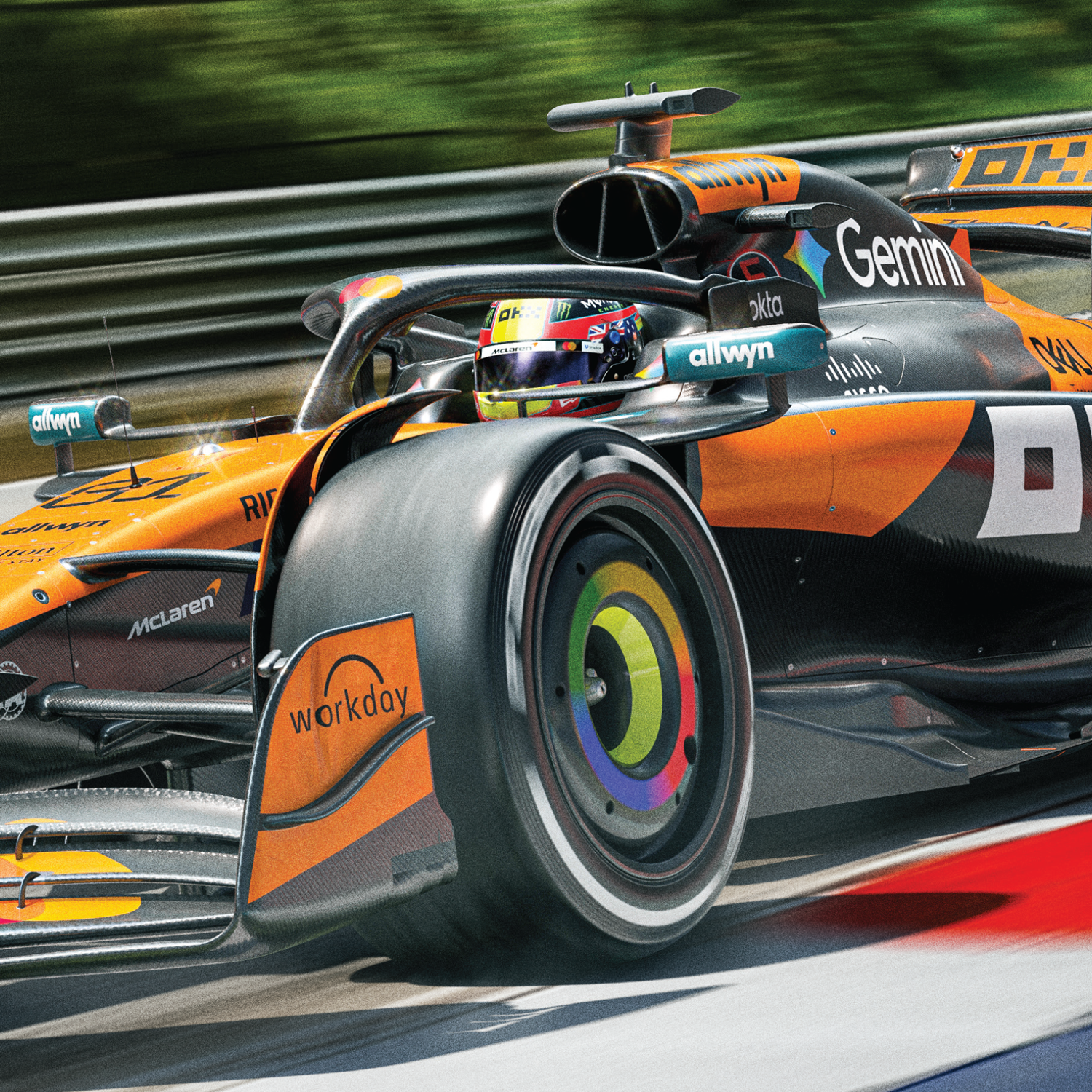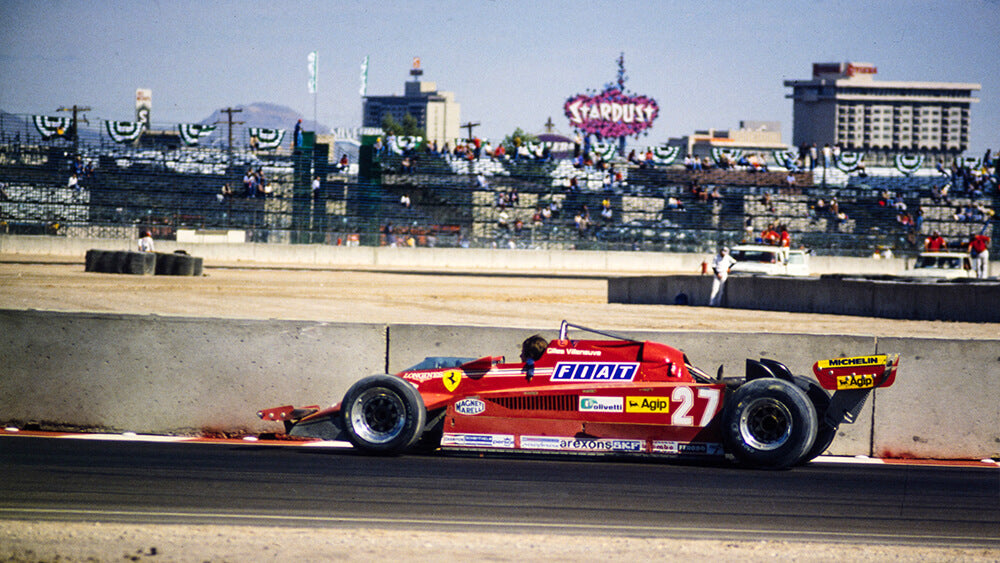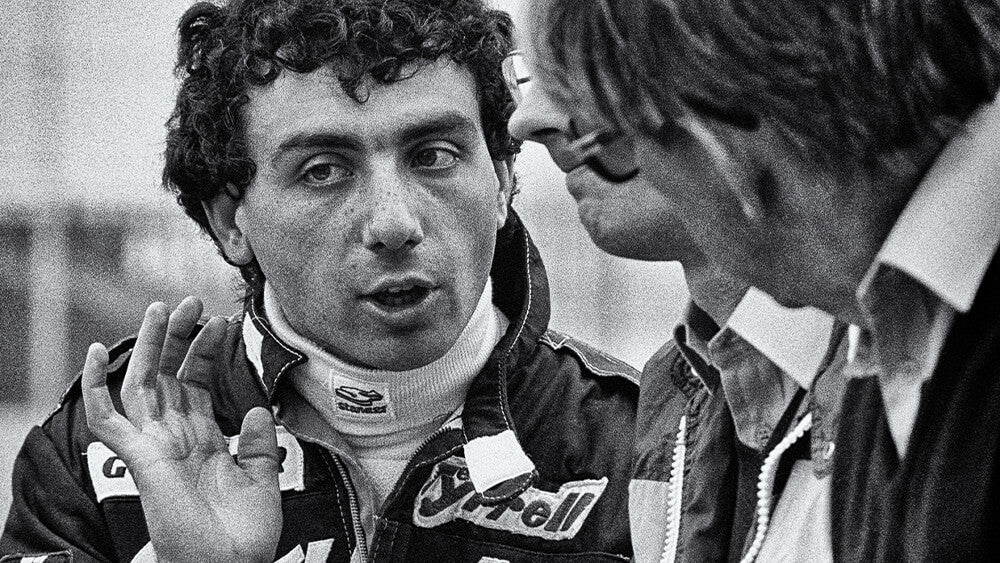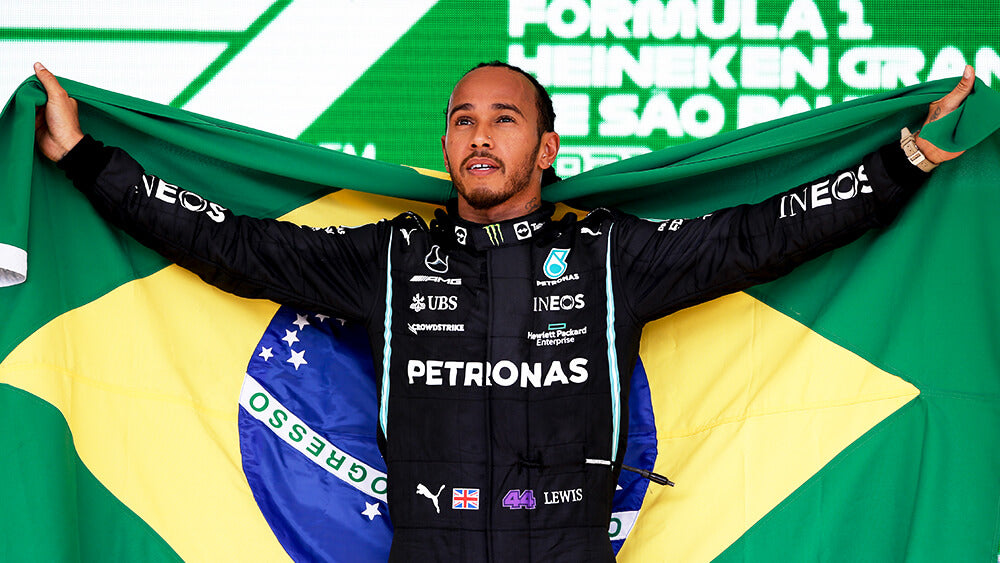Known as the “Race to the Clouds”, pikes peak hillclimb snakes up the eponymous massif, at 4302m the highest summit in the front range of Colorado’s Rocky Mountains. The first event was staged in 1916 as publicity stunt for a newly opened gravel surface toll road, its route following a former narrow carriage road.
Won by Rea Lentz, his open-wheel special took a smidgen over 20 minutes to stop the clock after starting at Mile 7 at an altitude of 1440m – a climb of almost 3000m, equating to an average gradient of 7,2%.
No races were held in 1917-1919 due to the intervention of WW1, but thereafter the 156-turn, 19,98km hillclimb was staged annually save during WWII; thus, this year’s 26h June event marks the 100th running of the Pike Peak International Hillclimb.
The 1920’s saw the start of duels for which Pikes Peak - named after an US explorer Lt. Zebulon Pike - became famous. Embroiled in that early rivalry were Glen Shultz and Louis Unser, patriarch of the famous American racing family, who ultimately won the event nine times from 1934 and 1953 (aged 58) and contested his final race - the entry fee paid by social security cheque - in 1967.

The Unser family became synonymous with ‘The Mountain’, as the peak is known locally: Over the years Bobby, Al Snr., Al Jnr. and Robby added their names to the family’s rollcall, with a fourth Unser generation hoping to expand their legacy during the centenary event: Loni Unser, daughter of former Indycar racer Johnny, has entered the Porsche Trophy class.
“Of course it’s a really special place for our family and I am really grateful to have the chance to compete there this month,” the 23-year-old, a graduate of the nearby Boulder University who once quipped she had learned “racing at the family dinner table”, said.
However, despite the hillclimb’s domestic popularity, the event remained relatively unknown outside the USA until Audi found itself with an excess of fearsome, flame-belching Group B quattros after the World Rally Championship pulled the plug on what had become an increasingly besieged category. The Four Rings put its obsolete monsters to alternate work to further promote the brand’s all-wheel drive technology.

In 1984 they dispatched French rally driver Michelle Mouton - the only woman to have taken on men in the WRC and beaten them to overall victory – to Colorado with an Audi quattro S2 adapted for the specific requirements of the dirt road climb. Although Mouton failed win to overall - beaten to line honours by an open-wheeler - she took revenge the following year by trouncing the entire field with a record run.
Sister brand Volkswagen went left-field, entering a twin-engined Golf for European Rally Champion Jochi Kleint. Each of its turbocharged units delivered over 300bhp, driven through dedicated transmissions; thus, engineers could programme the car for AWD, or solely front- or rear-driven. Kleint placed fourth in the rally class, these exploits resulting in a flood of rally and rallycross cars thereafter tearing up ‘The Mountain’.
The following year Audi chose local flavour by entering a quattro for Bobby Unser; he added to the family’s run of successes but for 1987 he was replaced by Walter Röhrl, who trounced a trio of ex-WRC Peugeot 205s as the double world rally champion wrestled his 750bhp quattro fitted with enormous double-stack wings front and rear up the gravel pass to record the first sub-11-minute climb.

Peugeot hit back by providing 1981 rally champion Ari Vatanen with a 405 equipped with four-wheel-drive and -steering. The Finn’s predominantly sideways 1988 run is immortalised in ‘Climb Dance’, directed by award-winning French movie maker Jean Louis Mourey – who added four awards to his c.v. with this production. Robby Unser upheld family honour by winning the next edition with a 405.
Then it was over for the Group B rally monsters: classes were rationalised and, mission accomplished, the Europeans withdrew, leaving Suzuka stalwart Nobuhiro ‘Monster’ Tajima to clean-sweep Pikes Peak with a series of specials between 2007 and 2011. His last win came on an asphalt surface after legal battles resulted in agreement to pave the road, greatly reducing the place’s appeal to rally fans.

However, Peugeot still had unfinished business so returned in 2013 with what was effectively a Le Mans racer fitted with a silhouette outer shell. Powered by a 3,2-litre twin-turbo 875bhp V6 and weighing 875kg - achieving a power:weight ratio of 1:1 – the 208 T16 smashed the record: multiple rally champion Sébastien Loeb shot from standstill to 100kmh in 1,8 seconds on his way to a superb 8:13.378 climb.
His time stood for five years before Le Mans winner Romain Dumas set 7:57.148 on a moist track in the sleek 680bhp, electrically powered ground-effects Volkswagen ID.R prototype. The Frenchman, whose record stands after the 2020/21 events were held on a shorted course due to poor weather conditions, beat the outgoing standard for electric cars, set by Rhys Millen in 2016 at 8:57.118 by a minute.
Such is the spirit of innovation created by Pikes Peak that the first 99 runnings of the event saw the fastest time sliced by over 50%; could it be reduced by the same again to around three minutes by 2122?

